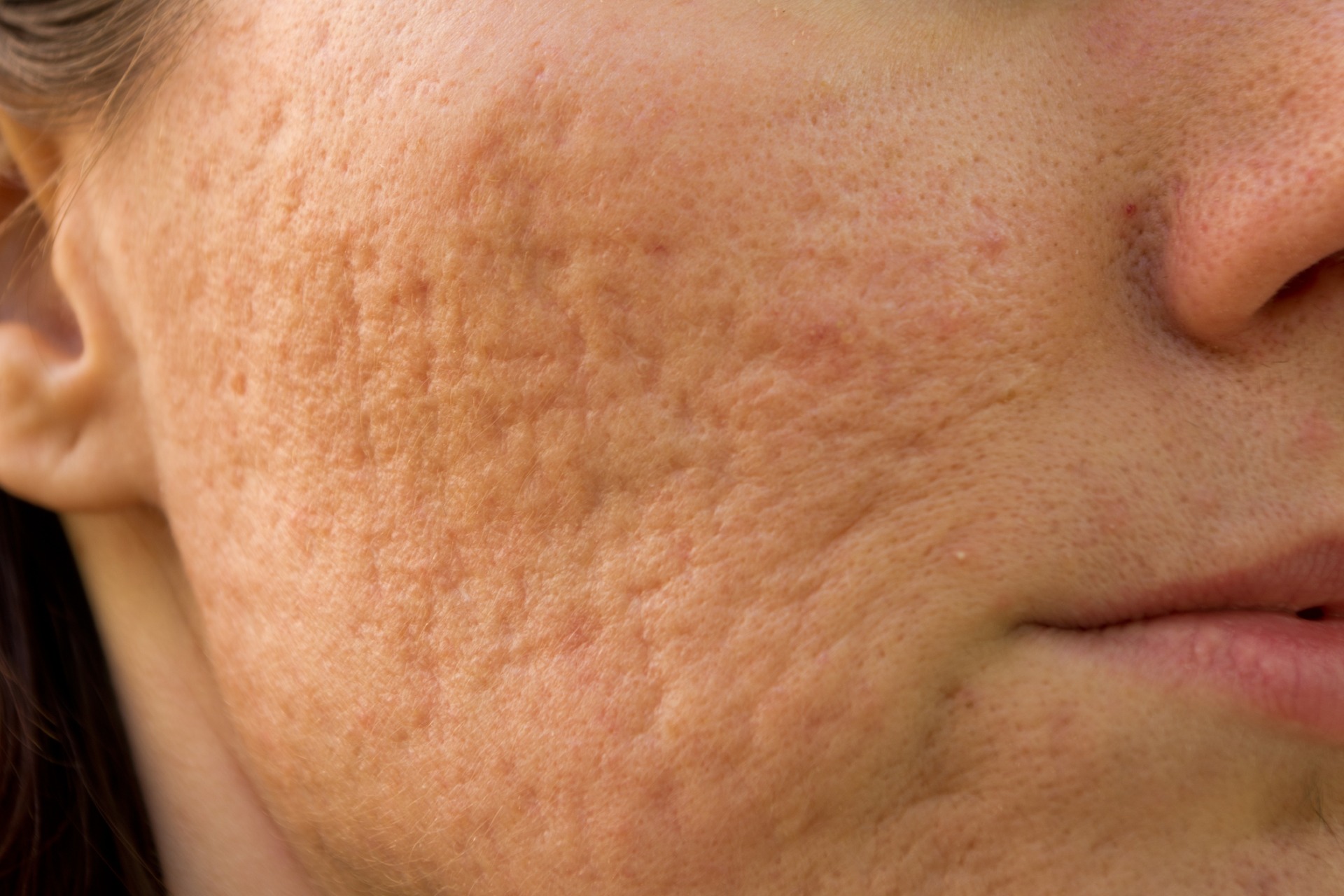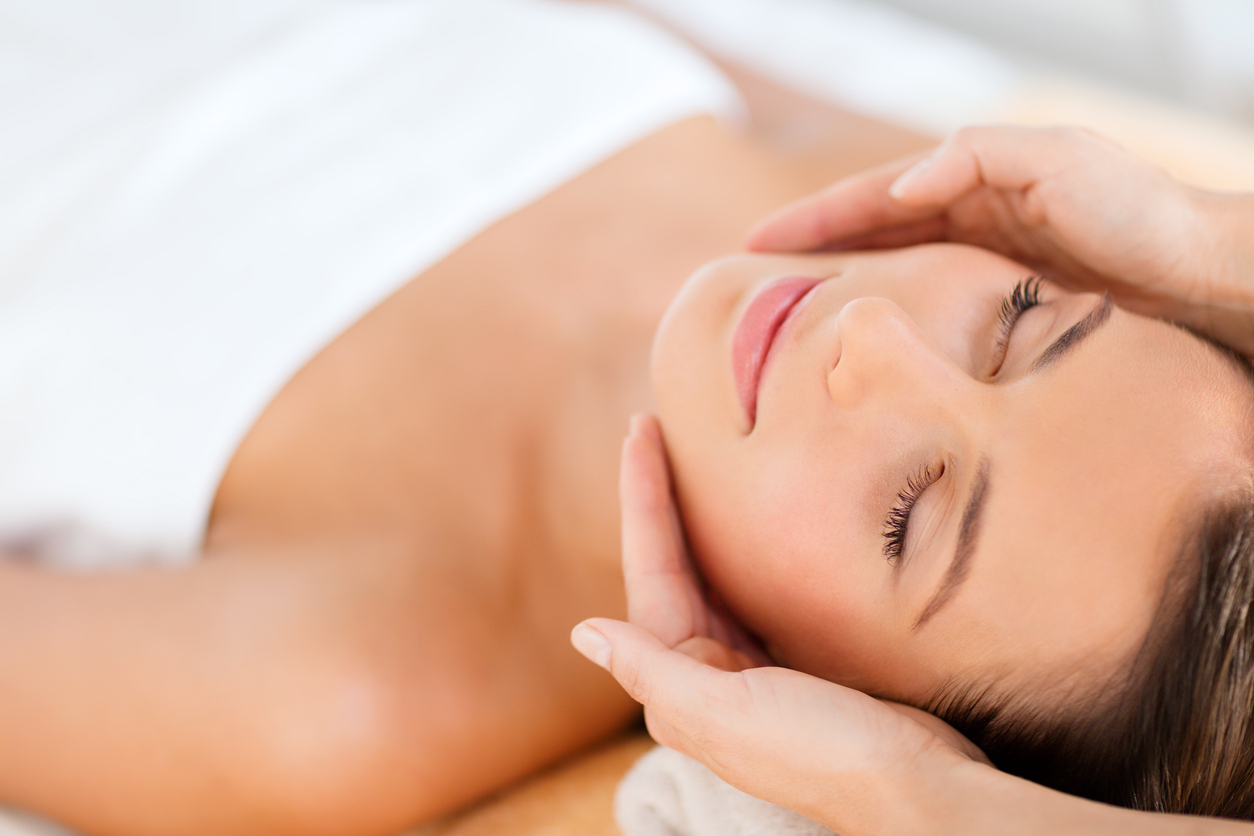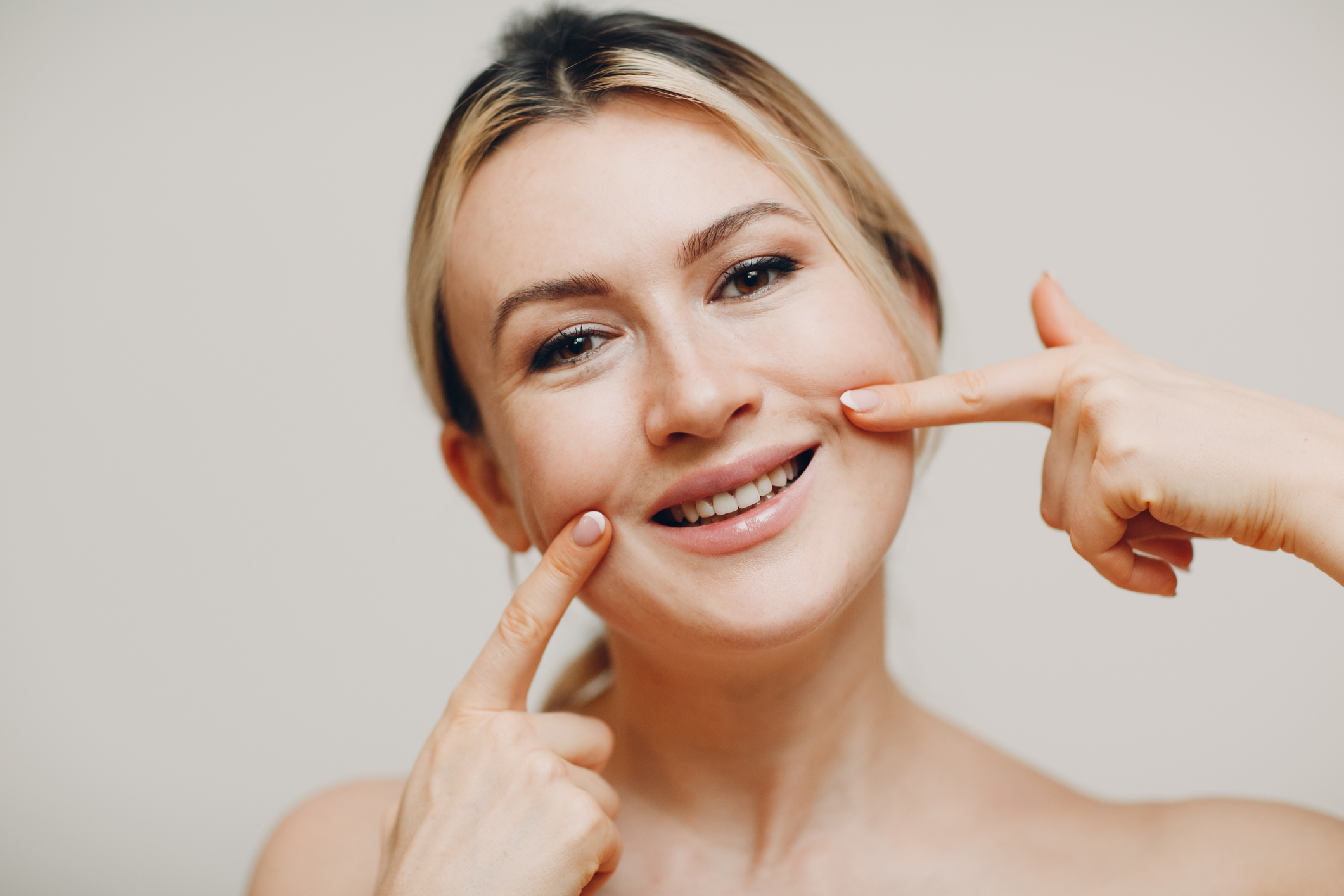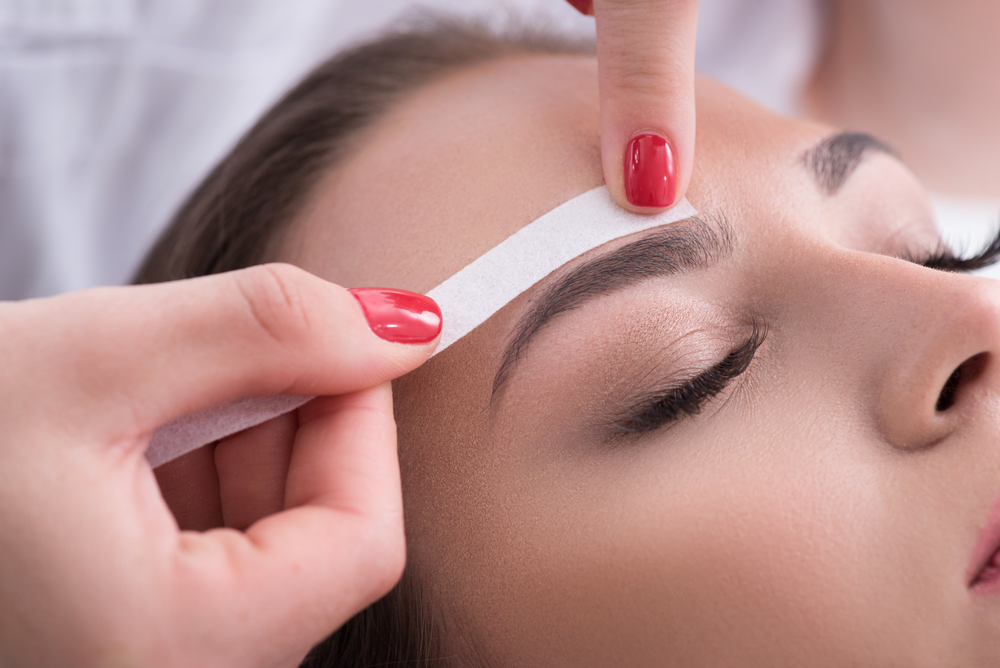If you want to create a more youthful appearance or correct a particular skin concern,…

How to Remove Acne Scars
Are you worried about acne scars? You’re not alone. Nearly 80% of people between the ages of 11 and 30 will experience acne, making it the most common skin condition in the world. Teenagers and adults both struggle with treating acne and maintaining healthy skin. Often, acne scars are an unavoidable result of grappling with chronic acne, leaving countless wondering how to remove them safely and effectively.
Read on to learn about the different types of acne scars, their causes, and potential treatment options to help you prioritize the long-term health of your skin.
Causes of Acne Scars
Why does acne leave behind scars? Acne is an inflammatory skin disorder that can be quite painful. It produces blackheads, whiteheads, cysts, and other types of blemishes.
It may seem like acne blemishes arise out of nowhere, but they actually pop up when the tiny holes in your skin, known as hair follicles, become blocked by oil or dead skin cells. The blockage allows the bacteria that usually live on the surface of your skin to inhabit the hair follicle, which then becomes inflamed and eventually breaks, releasing a mix of cells, oil, and bacteria onto your skin to create pimples.
Acne ranges from mild to severe, but scarring can occur on either end of the spectrum. Blemishes penetrate your skin and the tissue beneath it, causing damage to both. Your skin will then attempt to repair this damage by producing a protein called collagen, the main structural support for skin. If the skin produces too much or too little collagen, it will create a scar.
Types of Acne Scars
Now, let’s take a closer look at the two main types of acne scars (atrophic and hypertrophic), their causes, what they look like, and how they can affect the skin. Keep in mind that many people experience a mixture of both atrophic and hypertrophic.
Depressed (Atrophic) Acne Scars
Depressed acne scars occur when the body does not produce enough collagen to properly heal the affected area. As a result, depressions form in the skin as it heals. One of the most common instances of depressed acne scarring is known as ice pick scars. These appear as holes in the skin that are wider at the top before growing increasingly narrow as they descend deeper into the skin. They typically occur on the forehead and upper cheeks.
Rolling and boxcar scars are also common examples of depressed acne scars. Rolling scars appear on areas with thicker skin, like the cheeks, and usually have sloped edges that give the skin an uneven look. Boxcar scars can also be found on the cheeks. These indentations descend deep into the skin and often have a rounded or ovular appearance.
Raised (Hypertrophic) Acne Scars
As you might expect, raised acne scars are somewhat the opposite of depressed acne scars. They occur when the body produces too much collagen during the healing process, causing the skin to overgrow in the affected areas. The result is a raised scar that can be extremely tender, itchy, or painful. You may find these types anywhere you have acne, but they most commonly appear on the back, chest, shoulders, and jawline.
Treatment Options for Acne Scars
Anyone who has experienced acne may be susceptible to acne scarring. For those wondering how to remove acne scars effectively, we have compiled a list of treatment options that include both home remedies and medical interventions.
Before trying any of these treatment options, talk to a dermatologist or healthcare professional to make sure they are safe for your health conditions and lifestyle.
Skin Resurfacing
Skin resurfacing procedures accomplish exactly what you might expect. They remove the top layers of skin, allowing for the production of new skin cells. This technique helps lighten the appearance of acne scars by flattening raised edges and giving the skin a smoother look. Skin resurfacing is commonly suggested for scarring that is nearly flat already. It is not often effective for removing deep acne scars.
Examples of skin resurfacing procedures include chemical peeling, dermabrasion, microdermabrasion, and laser skin resurfacing.
Fillers, Injections, and Collagen Treatments
Fillers are a common treatment option for various types of scars. Dermatologists can fill depressed acne scars with collagen, fat, or other substances to plump up the skin in the scarred area. Cases vary, but multiple treatments with fillers may be necessary to obtain the desired results. Fillers can treat some types of depression scars, but they will not treat ice-pick scars.
Some scars may benefit from having medicine (usually steroids) injected directly into them. Like fillers, injection treatments often require multiple visits to be effective. This type of treatment can soften and flatten raised acne scars.
Collagen treatments are one of the simplest forms of treatment for depressed acne scars. Also known as micro-needling, the procedure involves rolling a needle-studded device across the affected areas to stimulate the production of collagen. Like other options, this treatment may require multiple visits to see results.
Acne Scar Surgery
Acne scar surgery is an effective method for treating both raised and depressed scars. For depressed scars, a dermatologist may bring the scar closer to the surface of the skin to allow it to heal. For raised scars, on the other hand, they may perform a punch excision, in which individual ones are removed, and the skin is stitched or grafted together.
There are a variety of acne scar surgery procedures available. Your dermatologist can discuss the options with you to help you determine which one will be the best treatment for your acne scarring.
Scar Creams
Over-the-counter scar creams are an at-home option for treating raised acne scars. With consistent application, they may be able to lessen their appearance and reduce uncomfortable symptoms like pain, irritation, and itching.
To learn more about how to remove acne scars and maintain healthy, happy skin, schedule a virtual consultation with Vargas Face & Skin Center today. Our experts are prepared to assess your unique situation and discuss personalized treatment options!







